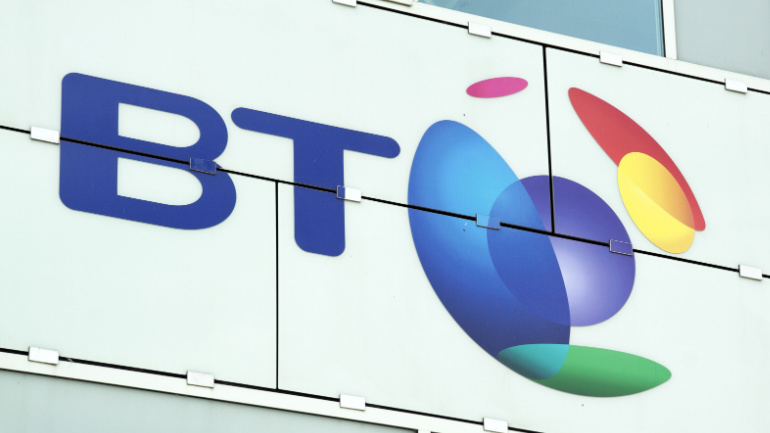Discover Altnets and ISPA’s newly launched report’s deep dive into UK’s full fibre broadband sector. Unearth historical setbacks and the transformative impact of procurement strategies in this detailed analysis. Insight-packed, it fosters understanding of the sector’s intricacies and highlights Altnets’ contribution to the gigabit broadband transition.
ITS has launched the enticing Faster Britain bus initiative, a design tour autour du pays to spread the word about their newly unveiled full-fibre network. The double-decker bus will serve not only as advertisement but a consumer engagement podium, hosting training events at over 70 networks, engaging directly with tech enthusiasts and initiating digital inclusion programs.
Unearthing an alarming digital divide in the UK, researchers at Bionic discovered that 20% of adults lack basic online skills, and shockingly, half of the households do not have internet. In a critical look at digital inclusion in UK cities, Manchester stands out with an impressive 193 digital inclusion services, with Coventry and Bangor trailing behind. London, despite its size, did not break into the top 20 due to shortage of services relative to its population size.
In a fiercely competitive telecom landscape, where operators strive to meet the ever-increasing consumer demand for fast, accessible, and reliable 5G networks and services, MedUX, a leader in international fixed and mobile network testing and benchmarking, has released exclusive research on 5G performance in the UK’s capital. This comprehensive report reveals that EE not only leads in 5G reliability but also is able to provide the overall finest Quality of Experience (QoE) in London, with a score of 4.61 out of 5.
A first-of-its-kind system in the UK is being trialled in Edinburgh to see if waste heat from a large computing facility can be stored in disused mine workings and used to warm homes. The large amounts of energy needed to power the University of Edinburgh’s Advanced Computing Facility (ACF) could be recycled to heat at least 5,000 households in Scotland’s capital.
In a significant digital milestone, Openreach reports a 9% surge in broadband traffic across the UK throughout 2023, totaling a staggering 94,722 petabytes of data. To put this colossal figure into perspective, one petabyte equals a million gigabytes, and an average 4K movie stream consumes approximately 7.2 gigabytes per hour, as highlighted by Openreach.
Navigating the challenging mandates of the dynamic telecommunications world, UK’s premier telecom operator, BT, stumbles upon an obstacle. The company has failed to adhere to the deadline for the complete removal of Huawei equipment from its core network. The deadline, already deferred twice, raises doubts over the telecom titan’s ability to successfully transition away from Huawei’s infrastructure within the stipulated timeframe. A UK law dictates all network carriers to rid their systems of Huawei equipment by the end of 2027.
In response to reports detailing serious device failures during the transition from analogue to digital telephony, the UK’s Technology Secretary, Michelle Donellan, convened a meeting with telecom companies and regulator Ofcom. Following the discussions, phone providers, previously urged to pause any forceful transitions, have committed to a charter aimed at protecting vulnerable households, particularly those relying on personal alarms or telecare for remote support.
Broadband users face the most disruptions during peak hours, particularly at 11 am on Fridays or Wednesdays, according to a recent survey. The study pinpointed additional vulnerable time slots between 6 pm and 9 pm, 2 pm and 3 pm, and 10 am. The primary culprit for disconnections, as reported by users, is broadband provider outages, accounting for a majority of the incidents. Other contributors include power cuts (42%), planned maintenance to external cables (18%), and router issues (17%).
In a remarkable feat of engineering, Openreach, the UK’s leading digital network provider, is illuminating approximately 60,000 new premises every week, equivalent to the size of Tunbridge Wells in Kent. With a commitment to a £15 billion investment, the company aims to connect 25 million buildings by 2026, with a subsequent target of 30 million by the end of 2030.













